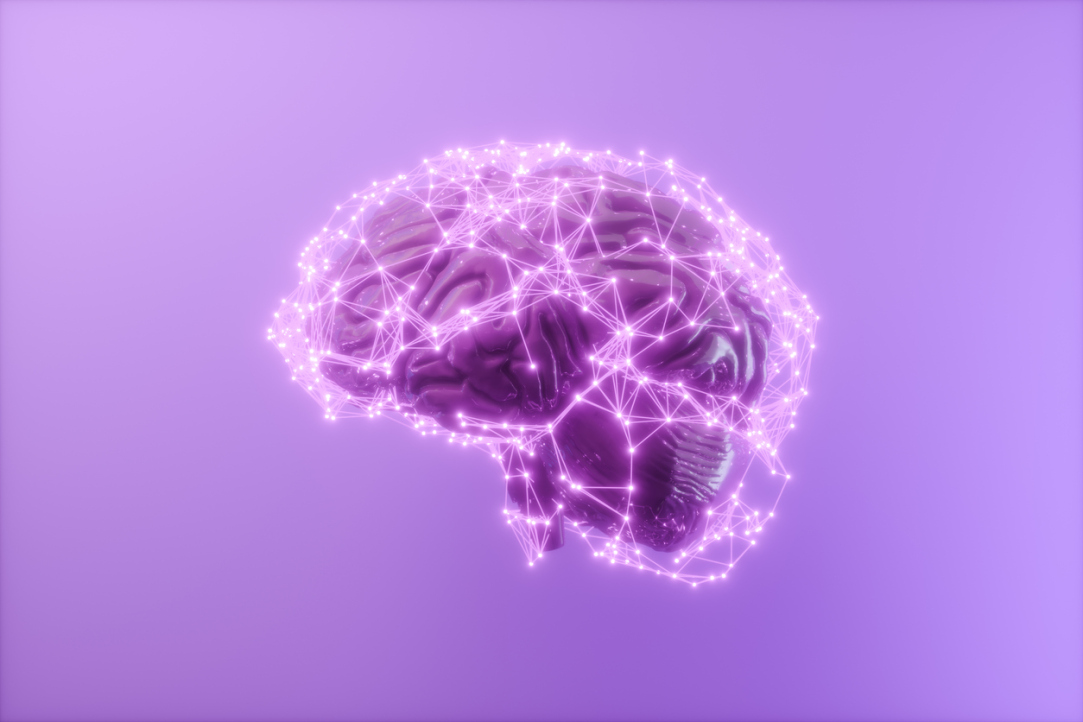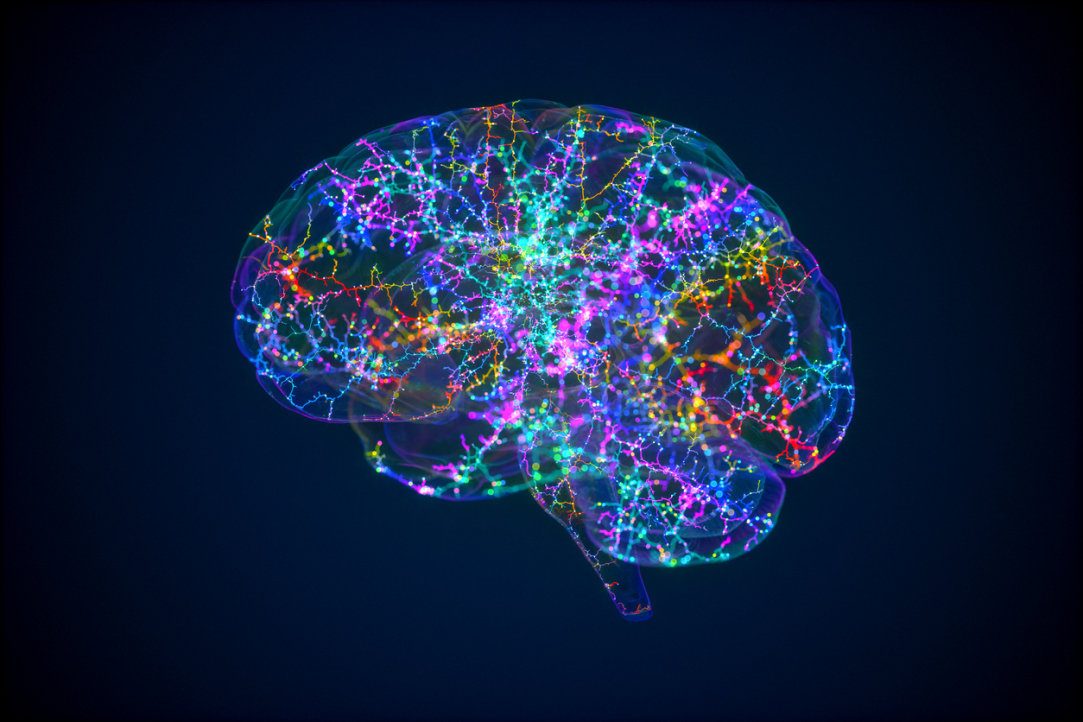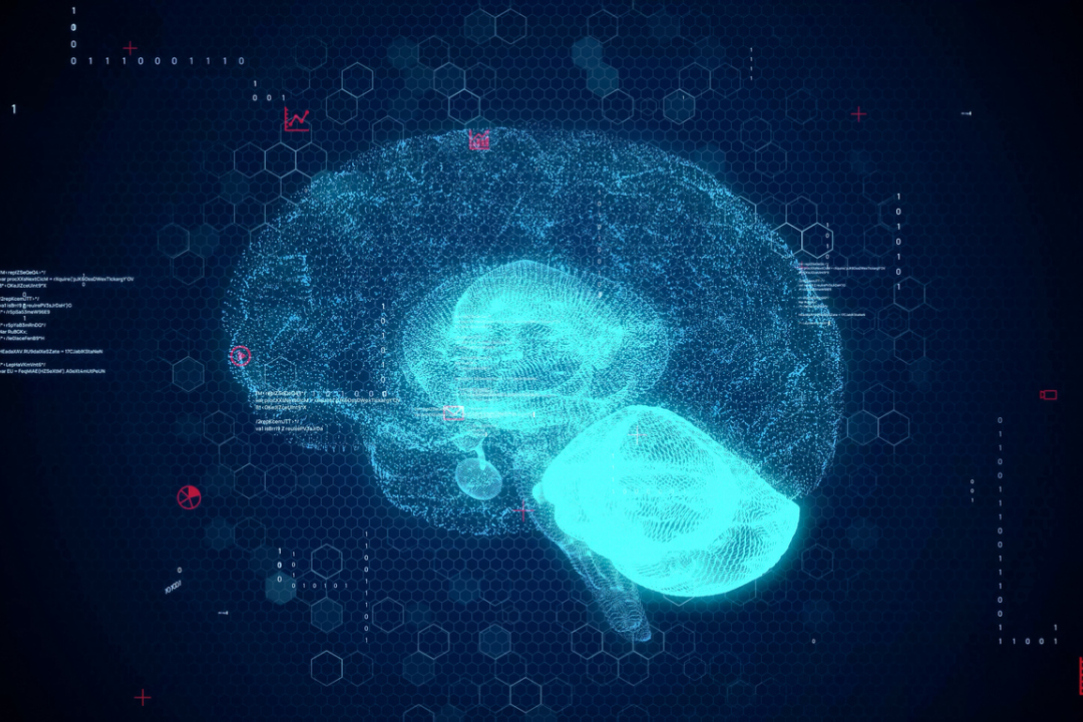
Scientists Rank Foreign Languages by Their Benefit for the Brain
An international team of researchers, with the participation of scientists from the HSE Institute for Cognitive Neuroscience, studied how the choice of a foreign language affects human cognitive abilities. It turns out that languages greatly differing from one's native language stimulate cognitive function at the initial stage of their study, while those similar to the native language have a delayed effect and help the brain work more efficiently at a higher level of proficiency in a foreign language. The results of the study have been published in the journal Bilingualism: Language and Cognition.

Processing Temporal Information Requires Brain Activation
HSE scientists used magnetoencephalography and magnetic resonance imaging to study how people store and process temporal and spatial information in their working memory. The experiment has demonstrated that dealing with temporal information is more challenging for the brain than handling spatial information. The brain expends more resources when processing temporal data and needs to employ additional coding using 'spatial' cues. The paper has been published in the Journal of Cognitive Neuroscience.

Communication Can Increase Public Concern about Climate Change
An international team of researchers including scientists at HSE University have tested 11 communication strategies aimed to encourage pro-environmental behaviours. The sample included nearly 60,000 individuals from 63 countries. While interventions aimed at reducing psychological distance from climate problems proved to be effective, those targeting behaviours which require more effort, such as tree-planting or reducing one's carbon emissions, were not as successful. The study findings have been published in Scientific Advances.

Psychologists Study Daydreaming in Russian Cultural Context
Researchers at HSE University, having examined the role of daydreaming in the Russian cultural context, conclude that constructive daydreaming can help people with gaining insight into their life's trajectory, fostering personal growth, discovering existential meaning, enhancing psychological wellbeing, and cultivating a balanced temporal perspective. The study findings have been published in Cultural-Historical Psychology.

Neuroscientists Inflict 'Damage' on Computational Model of Human Brain
An international team of researchers, including neuroscientists at HSE University, has developed a computational model for simulating semantic dementia, a severe neurodegenerative condition that progressively deprives patients of their ability to comprehend the meaning of words. The neural network model represents processes occurring in the brain regions critical for language function. The results indicate that initially, the patient's brain forgets the meanings of object-related words, followed by action-related words. Additionally, the degradation of white matter tends to produce more severe language impairments than the decay of grey matter. The study findings have been published in Scientific Reports.

Scientists Propose Star-Shaped Diffusion Model
Scientists at the AI Research Centre and the Faculty of Computer Science at HSE University, the Artificial Intelligence Research Institute (AIRI), and Sber AI have come up with novel architecture for diffusion neural networks, making it possible to configure eight distinct types of noise distribution. Instead of the classical Markov chain model with Gaussian distribution, the scientists propose a star-shaped model where the distribution type can be selected and preset. This can aid in solving problems across various geometric modalities. The results were presented at the NeurIPS 2023 conference.

New Method Enables Dyslexia Detection within Minutes
HSE scientists have developed a novel method for detecting dyslexia in primary school students. It relies on a combination of machine learning algorithms, technology for recording eye movements during reading, and demographic data. The new method enables more accurate and faster detection of reading disorders, even at early stages, compared to traditional diagnostic assessments. The results have been published in PLOS ONE.

Mongolia's Forests Found to Be Poorly Adapted to Climate Change
Compared to meadows and steppes, the montane forest ecosystems in Northern Mongolia display less self-organisation, making them more susceptible to the impacts of climate change. This is the conclusion of a team of researchers led by Robert Sandlerskiy, Head of the International Laboratory of Landscape Ecology of the HSE Faculty of Geography and Geoinformation Technology. The results of the study have been published in a special issue of Entropy.

Russian Researchers Improve Neural Networks' Spatial Navigation Performance
Researchers at HSE University, MISiS National University of Science and Technology, and the Artificial Intelligence Research Institute (AIRI) have developed an enhanced approach to reinforcement learning for neural networks tasked with navigation in three-dimensional environments. By using the attention mechanism, they managed to improve the performance of a graph neural network by 15%. The study results have been published in IEEE Access.

Parietal Cortex Influences Risk-Taking Behaviour
Making decisions in situations involving risk and uncertainty is an inherent aspect of our daily lives. Should I obtain luggage insurance for my flight, cross the road when the light is red, or leave my current job for a new opportunity? Researchers at the HSE Institute for Cognitive Neuroscience conducted an experiment to clarify the role the parietal cortex plays in decision-making in the context of risk. They found that suppression of activity in the parietal cortex resulted in subjects being less inclined to take risks. A paper with the study findings has been published in Cerebral Cortex.

